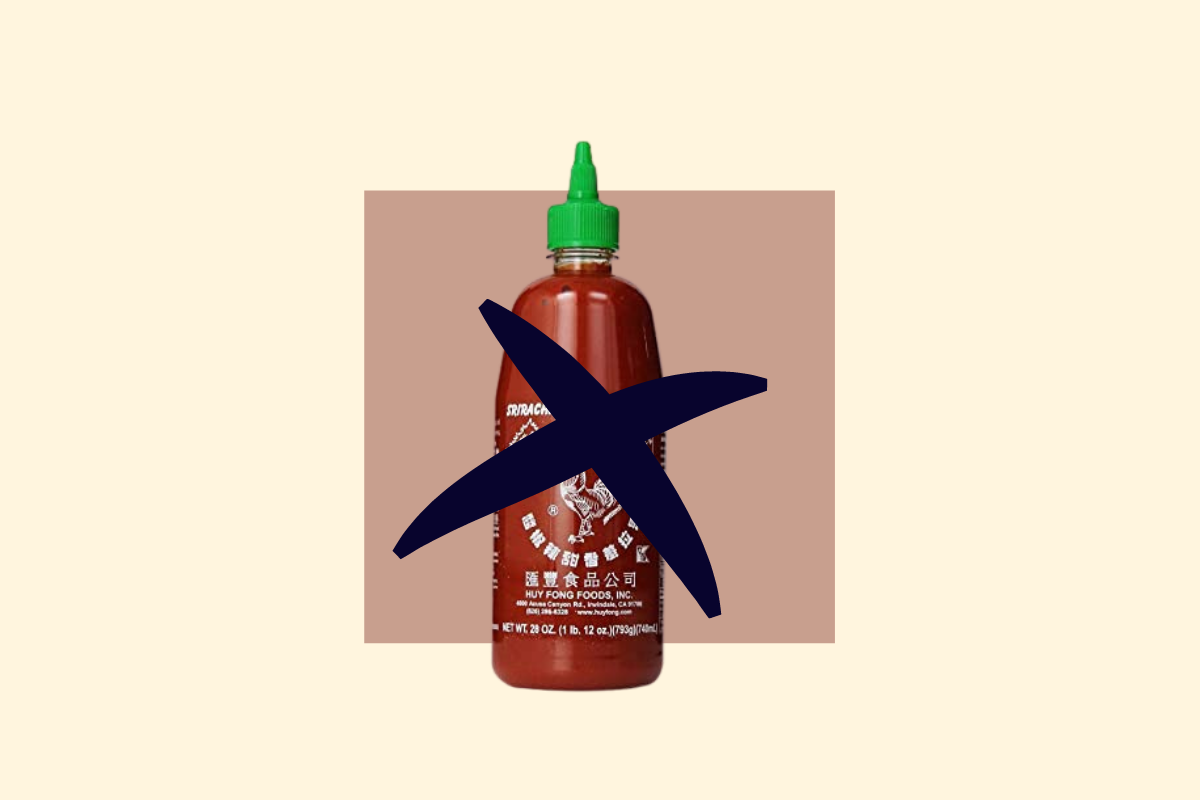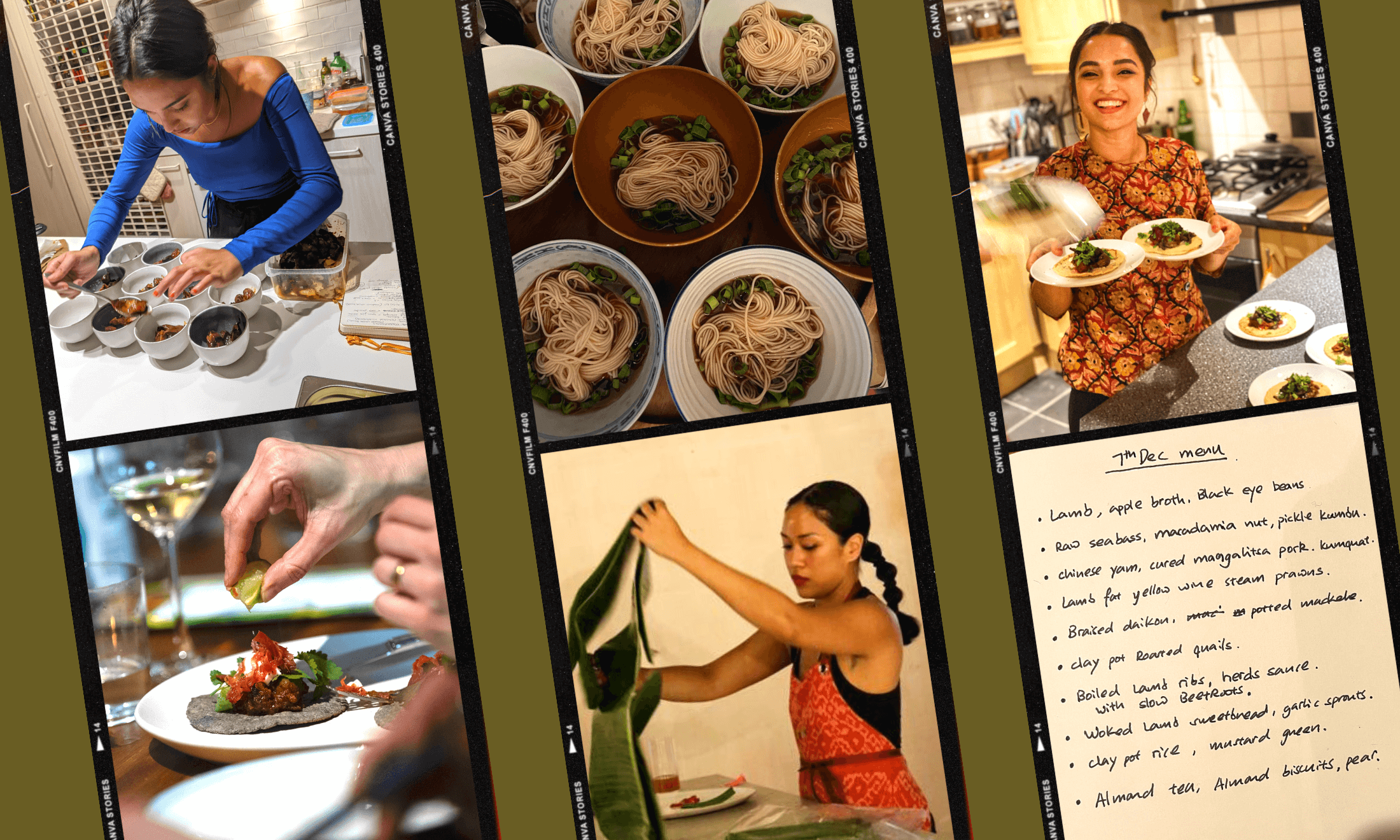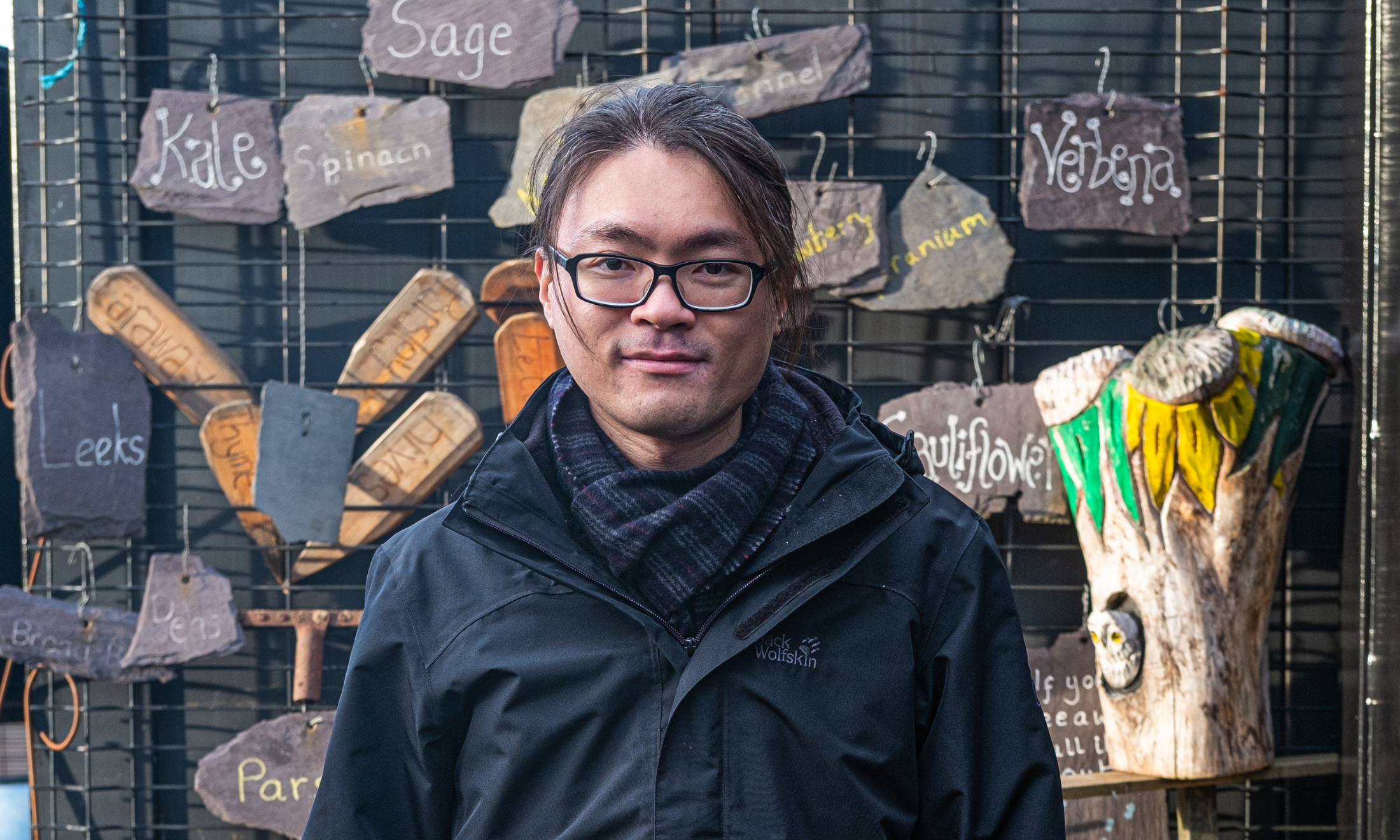
Why can’t British TV represent East and South East Asian food properly?
From Masterchef The Professionals to Great British Menu, why does the Western culinary world and British TV still have such a problem conveying East and South East cuisine?
Anna Sulan Masing
17 Dec 2020
British TV just can’t seem to get the representation of East and South East Asian food right. A semi-finalist contestant on this year’s Masterchef: The Professionals, chef Philli Mattin, has become a central talking point in conversations around food cultural appropriation and feeding into the idea of “otherness” of the East and South East Asian identity.
This came after the 28-year-old Londoner, who is a self-proclaimed “Asian Specialist”, said she was refining “dirty” food on her Instagram page.
So what is exactly wrong with calling food “dirty”? For me, the use of the word “dirty” is othering and triggering. Not only does it frame our food as in need of refining, but it also frames chef Philli as the hero to do this, by conflating an entire continent into one identity – one that needs to be elevated.
In the diaspora, food culture is a key point of identity. Therefore derogative descriptors, such as dirty, have a direct reflection on our community. 2020 has been a year where violent racism has risen towards East and South East Asians because of the shocking narrative around Covid-19. So viewing East and South East Asian communities in this light, it’s easy to see how the word “dirty” is deeply traumatic.
But this is not about any individual, and this is not new. It’s about a bigger problem within British media on how East and South East Asian food is viewed.
“For me, the use of the word ‘dirty’ is othering and triggering”
While there’s nothing wrong with cooking food from other cultures, chefs and cooks who don’t shine a light on the culture of which they are cooking from are directly contributing to erasure. What does this erasure look like in food? It is disregarding historical context, traditions and the people who have cooked this food. It is centring the white gaze and continuing the narrative that South and East Asian food are only good when made with a Western palette in mind. Sadly, there are many times East and South East Asian food wasn’t treated with respect, or was homogenised in mainstream TV this year.
In May chef John Chantarasak was critiqued by chef Lisa Goodwin-Allen on the Great British Menu over “spice” in his dishes. John is Thai and Welsh, and his food is reflective of him. He has trained in Bangkok and worked in multiple Thai restaurants. Lisa’s feedback was framed around her palette, and her understanding of the flavours were lazily wrapped up in the word “spice”. She did not take the time to understand the nuances of these dishes.
And in the summer, Pippa Middlehurst – who made her name by winning the TV show Britain’s Best Home Cook – received criticism in the run-up to her book being published, Dumpling and Noodles. The language across her various platforms placed whiteness as norm and centre, with Chinese food she ate in the UK being described as “strange” and “alien’”. It erased the mere idea of Chinese British people. Within less than two years of winning a home-cooking show, Pippa had a book published, and a full-time career in food – are Chinese cooks afforded the same access to this success?
“And at the end of October, Great British Bake Off had the gimmicky ‘Japan Week'”
And at the end of October, Great British Bake Off had the gimmicky “Japan Week”. As James Hansen writes in Eater London about the show’s Nikuman steamed buns challenge, “it’s ignorant of Japanese baking culture,” and that the show had a responsibility to get dishes with “great cultural significance” right.
Who should we blame for this? Is this the judges’ fault on cooking shows? Is it the chefs and cooks getting platformed? In part perhaps, but it’s also the responsibility of the production companies and TV channels to have chefs – from minority backgrounds being judged by those who understand their food. We also need to see chefs and cooks from these backgrounds getting the same success, both financially and in their careers, as their white counterparts.
Chef Philli has since deleted the words “dirty”, “refined” and the label of “Asian Specialist” from her Instagram. She also made two statements explaining that it was not her intention for the word “dirty” to be used towards people and also acknowledging that her mother is South Asian (although the food she specialises in is distinctively only South East and East Asian). Her first statement fell short of an apology and her second statement became entirely empty when shortly after, she posted a video of her throwing out sriracha sauce because her creation was “better”.
Now, many SE and East Asians in the culinary world are taking the time to heal and participate in reclaiming their food stories. Anna Chan, who founded ESEA in Tech and Asian Leadership Collective, and Georgie Ma, whose podcast Chinese Chippy Girl talks about life as a BBC (British Born Chinese), came together to discuss the language around Chef Philli’s work, with the desire to change the narrative.
“We were both drained from the situation and wanted to remind our community to celebrate our food and heritage,” Anna explained to gal-dem, continuing, “it normalises any ‘otherness’ and creates healthy intrigue and a safe space.”
“Cooking is about building on work done before you with respect – which includes valuing the people and cultures you are cooking from”
Meanwhile, writer Angela Hui has recently set up an Instagram project documenting Chinese takeaways across the country. Angela’s family ran a takeaway in Beddau, Wales when she was growing up. Centring migrant communities and our stories is so often forgotten and this project will put a much-needed spotlight on hidden histories.
Cooking is about building on the work done before you with respect – which includes valuing the people and cultures you’re cooking from. The media has a responsibility to tell those stories accurately.
It needs to be understood that British identity is complex and varied, especially when it comes to food. There is work being done that focuses on decentralising cuisines away from the Western idea of food and flavour and this needs to find its way into the mainstream.









